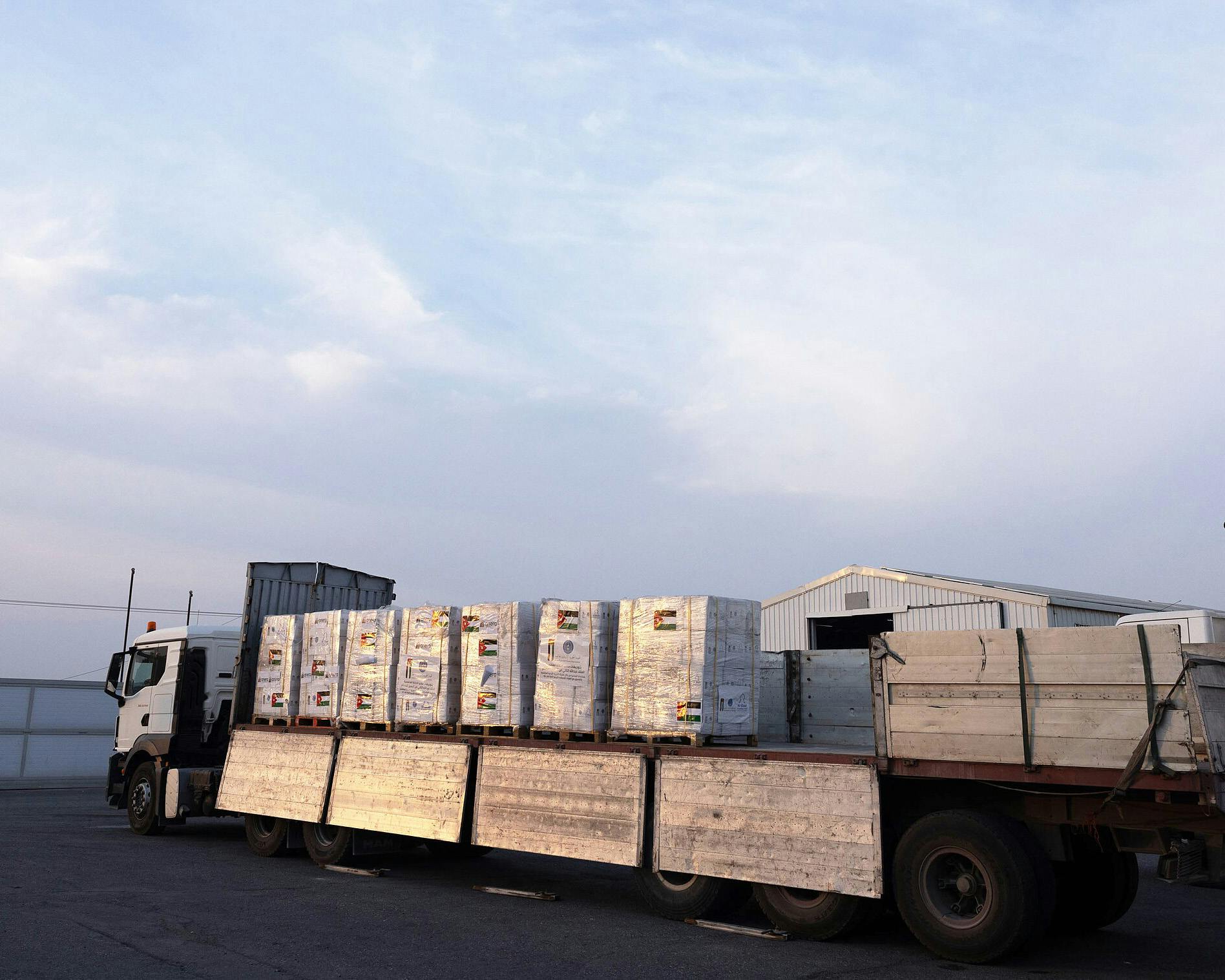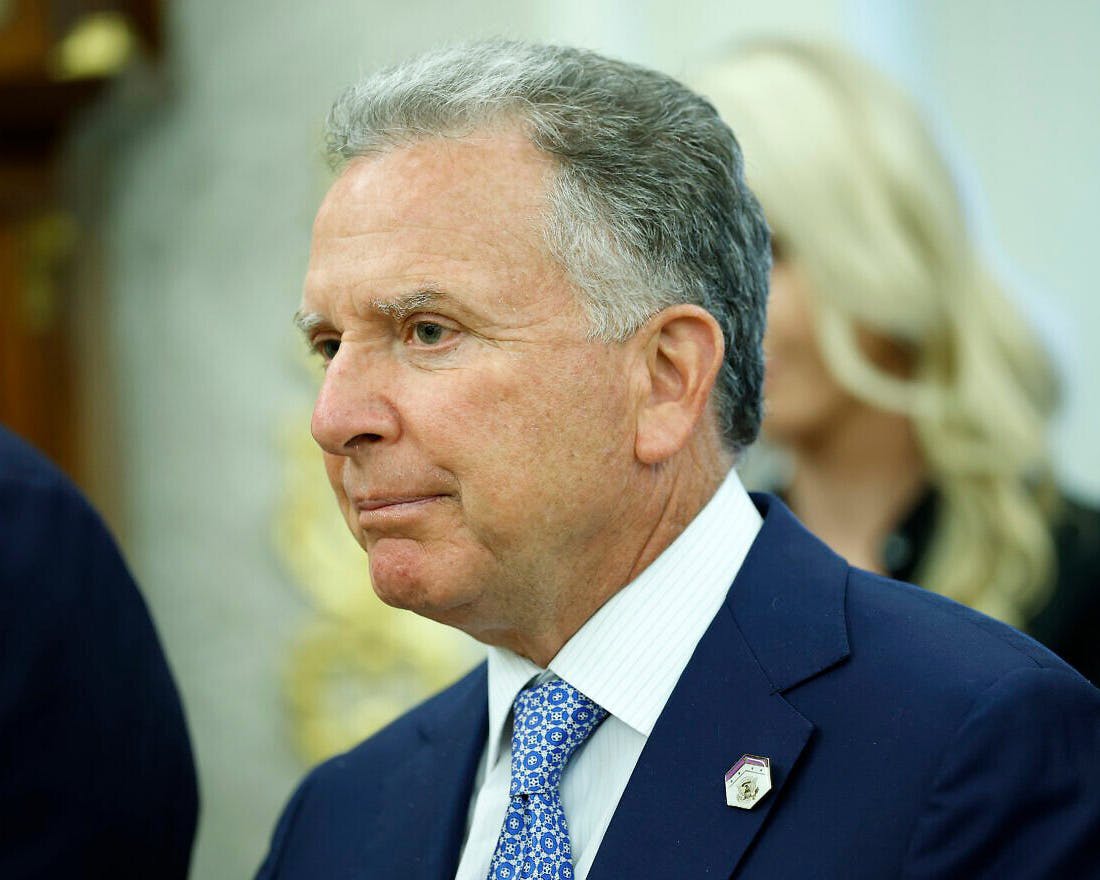A Hero’s Homecoming: Edan Alexander Returns to Israel


Tuesday, 13 May 2025 | In the quiet town of Tenafly, New Jersey, Yael Alexander clutched a worn photograph of her son, Edan, each night for 584 days, whispering prayers for his safe return. On May 12, 2025, those prayers were answered as Edan, a 21-year-old Israeli–American, stepped onto Israeli soil, freed from Hamas captivity in Gaza. His mother’s tears, once shed in pain, flowed with joy as she embraced her son at an IDF base near Re’im, watched on—in a rare moment of celebration—by a nation that has endured so much anguish; who view Edan’s release in fresh hope that the remaining captives held in Gaza may come home.
Edan Alexander’s journey began in the suburbs of New Jersey, where he grew up in a Jewish home, with a deep love for Israel. At 18, driven by a sense of duty and Zionism, he made aliyah (immigration to Israel), leaving behind the comforts of American life to enlist in the Israel Defense Forces’ Golani Brigade. His parents, Adi and Yael, watched with pride and trepidation as their son embraced his new life as a Lone Soldier, one of many young Jews from abroad who choose to serve in Israel’s military. On October 7, 2023, Edan’s world—and that of his family—was shattered. Stationed near the Gaza border, he was captured by Hamas during the group’s brutal attack, which killed 1,200 people and took 250 hostages. For over 19 months, Edan endured unimaginable hardship, subjected to severe torture, interrogation and confined in a cage. Today, his spirit remains unbroken, a witness of the strength he drew from his faith and the love of his family.
The report of Edan’s impending release came as suddenly and dramatically as a thunderbolt on May 11, 2025, declared by Hamas as a “goodwill gesture” to the United States, timed to coincide with President Donald Trump’s Middle East visit. The announcement, negotiated by the US, without Israel, sparked a flurry of emotions and controversy across both nations. In Tenafly, hundreds gathered at the Kaplen Jewish Community Center, their cheers resounding as they watched live broadcasts of Edan’s return. In Tel Aviv’s Hostage Square, a crowd swelled, waving Israeli and American flags, their voices unified in a new sense of optimism for the 58 hostages still held in Gaza. For Edan’s family, the moment was surreal. “It’s an out-of-body experience,” Yael said, her voice trembling with relief. “We’ve dreamed of this day, but to live it is beyond words.”
Edan’s journey home began with a delicate operation. The Israeli military paused operations in Gaza to ensure his safe transfer, facilitated by the Red Cross. Escorted by Israeli special forces, Edan crossed the border, his frail frame draped in both the Stars and Stripes and the blue and white flag of Israel. At the Re’im base, the reunion was electric. Yael’s scream of joy pierced the air as she hugged her son, whispering, “How strong you are. I love you so much, Edan.” Adi, his father, held him tightly, tears streaming down his face. Edan’s brother and grandparents joined the embrace, the family both laughing and sobbing. The scene, broadcast live, moved millions of onlookers. In Israel, it was a rare glimpse of light in a nation darkened by such a long season of conflict.
At the Re’im base, Edan’s fellow Golani troops greeted him with bear hugs and backslaps, their pride palpable. One of Edan’s friends, Sgt. Avi Cohen, who served alongside him, said, “He’s our brother, seeing him back, it’s like we’re whole again.” Edan’s compatriots, now preparing for future missions, will carry his story as inspiration—a young man who endured and overcame immense suffering, and returned home safely and victoriously.
The homecoming was felt acutely in Israel, where the hostage crisis has been a deep national trauma. Prime Minister Benjamin Netanyahu, in a video statement, welcomed Edan, crediting IDF military pressure and US diplomatic efforts for his release. “This is a very emotional moment,” he said, though he emphasized that no ceasefire was agreed upon, signaling Israel’s resolve to continue its military campaign in Gaza. Opposition leaders, while celebrating, urged the government to prioritize the remaining hostages, a sentiment echoed by the Hostages and Missing Families Forum. “Edan’s release is a beacon of hope,” the Forum stated, “but 58 men and women remain captive. Their return is our urgent mission.”
In the US, Edan’s release was an opportunity for bipartisan celebration. Many political leaders, both Democrat and Republican, credited President Trump’s involvement. Edan himself, with a handwritten note, thanked President Trump, in an acknowledgement that underscored the weight of US diplomatic effort behind his liberation.
As Edan settles back into life, many challenges lay ahead. The trauma of captivity will likely linger, and his family faces the task of helping him heal. Yet, today, no one can dim their joy. Varda Ben Baruch, Edan’s grandmother, spoke of the moment she saw him on television, wrapped in flags and smiling. “Air has returned to my lungs,” she said. For the Alexanders, every hug, every shared meal, is a cherished occasion to celebrate Edan’s miraculous release.
Edan Alexander’s homecoming is more than a single story; it is a far wider tale representing the love, faith, sacrifice, and hope that characterizes the State of Israel itself. As Israel and the US work to free the remaining hostages, Edan’s televised reunion with his family broadcasts the promise that in Israel, no one is forgotten.
For Israel, it’s not just a tangible moment of hope but a reminder of the country’s history; that no matter the odds, or how challenging circumstances may appear, faith, determination and the resilience that has defined this nation, prevails.
(Bridges for Peace, May 13, 2025)
Related Resources

Discover Your Purpose and God’s Heart For You
In today's divided, turbulent world, it's essential for the Church to rediscover God's heart. Our free e-book, authored by a seasoned expert with three decades of experience in Israel, delves deep into the teachings of Jesus (Yeshua) to reveal God’s principles of love and purpose. Learn how embracing these truths can bring significance and impact to your life, even amidst chaos. Subscribe now to receive your free copy and embark on a journey of transformation.




